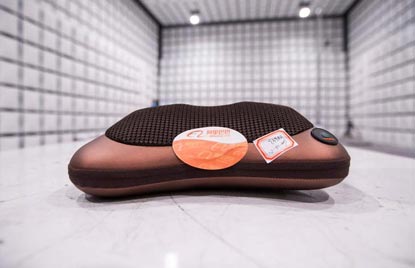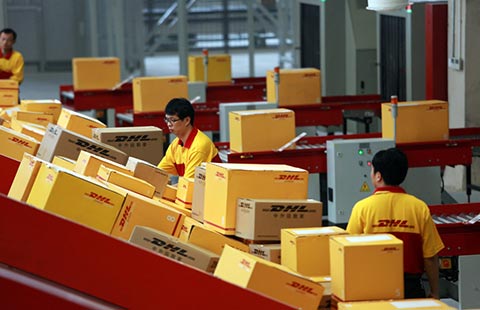Sany lawsuit not to affect US-China ties
(cntv.cn) Updated: 2012-11-23 10:07It's been a challenging year for Chinese business interests in the United States. The US government has attempted to block several Chinese companies, including Sany, Huawei and ZTE, from entering the American market this year, on national security concerns.
Now, Sany - China's biggest construction machinery manufacturer - is taking legal action against US president Barack Obama. A preliminary hearing is scheduled for next week.
The Sany Group is trying to buy four wind farms in the northwestern US state of Oregon. The lawsuit against the presidential order blocking the purchase is the first time a Chinese company has ever tried to sue the president of another country. And few Chinese businessmen expect it to go to trial.
"It is a US court ruling on a Chinese case against their national security reasons. I think it's just too obvious. I don't think the outcome would be favorable to Sany." Wu Gaolin, vice-chairman of US China Business Association, said.
In July, the Committee on Foreign Investment in the United States, which is made up of 16 US government agencies, ordered Sany's affiliated company Ralls to stop construction on the wind farm project, saying it's a threat to the country's security because it is too close to a US air force base. Two months later, US president Barack Obama signed the administrative order to ask Ralls to withdraw all its investment on the wind farms.
In fact, Sany's president Xiang Wenbo said last month the company already knew the project had been halted on national security grounds, but failed to sell it to a domestic US company.
Roel Campos, US Stock Supervisory Committee, said, "The interesting thing is that the order only directs Sany not to own it. Divestiture is the solution. It's not anything else. So Sany claimed that it wanted to divest the ownership earlier, so why was it not allowed to do so."
Campos said it is unclear whether politics have interfered. But Wu suggests Chinese companies should learn some lessons from Japanese companies that ran into similar problems back in the 1980s.
Wu said the issue between Sany and the US government will not affect future China-US business cooperation. So far, China has invested more than 6 billion yuan ($963 million) investment in the United States, providing about 30,000 jobs for Americans.
- State Grid said to be in talks to buy Brazil power network stake
- Ministry warns China students against dubious lenders
- Domestic robot makers expand market share
- Foxconn to close some of Sharp's overseas operations
- LeVR Technology in $45 million financing round
- EU plans for closer trade ties with China
- Legend takes small stake in Le Super Car
- Top 10 developing countries for retail investment


















